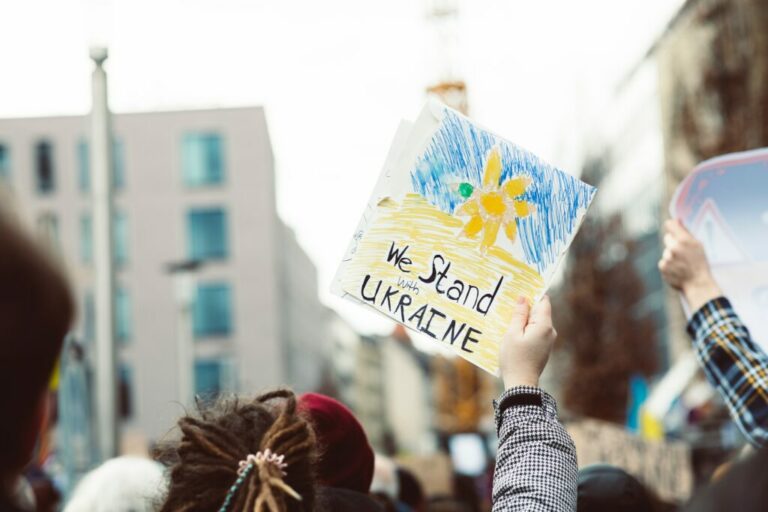Ukrainian citizens and persons who have lived in Ukraine as recognized refugees can enter Germany with a biometric passport without a visa (§18 Residence Act (Aufenthaltsverordnung)). A visa that would otherwise be required (for refugees coming from non-Schengen states Romania, Bulgaria or Moldova) is waived for humanitarian reasons.
In Germany, arrivals should immediately report to a police station, the Foreigners‘ Registration Office (Ausländerbehörde) at their place of residence or a Central Reception Office (Zentrale Aufnahmestelle). There they will be registered, medically examined (possibly vaccinated against Covid) and provided with a certificate of registration in Germany.
Salam,
schön, dass du da bist!
Wenn du den vollständigen Artikel lesen möchtest, melde dich hier kostenlos im Online-Magazin an: Einloggen.
Wenn du noch nicht angemeldet bist, kannst du dich hier kostenlos neu registrieren:Kostenlos registrieren.
Neben unseren Online-Artikeln erhältst du dann zusätzlich alle zwei Wochen den kohero-Newsletter mit spannenden Texten, Interviews und Hinweisen zu unseren Workshops und Veranstaltungen. Viel Freude beim Lesen!
Wenn du Fragen hast oder Hilfe bei der Anmeldung brauchst, melde dich per Mail an team@ kohero-magazin.de.
Shukran und Danke!
Deine kohero-Redaktion







